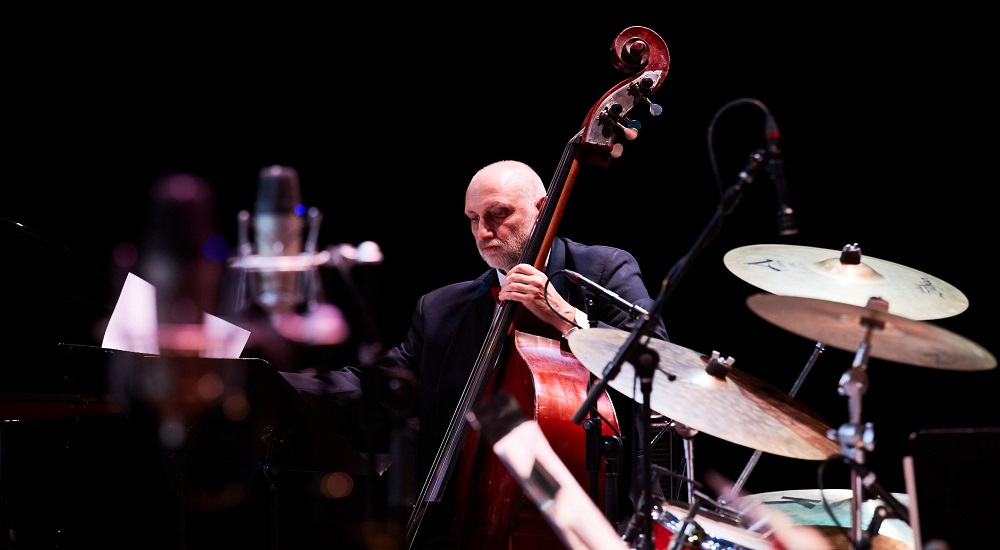Musical Eras: The Evolution of Preferences Through Time

Music, an ever-evolving art form, has undergone significant transformations throughout the ages. Each era has contributed its unique ethos, reflecting the societal, technological, and philosophical shifts of its time. This exploration through musical history reveals how preferences have shifted, giving rise to the diverse landscape of music we enjoy today.
Middle Ages
The music of the Middle Ages, spanning from the 5th to the 15th century, was predominantly ecclesiastical, with Gregorian Chant being the most prominent form. This monophonic, unaccompanied sacred song of the Roman Catholic Church marked a period where music served religious purposes, emphasizing harmony and the collective rather than individual expression.
Renaissance
The Renaissance era, covering the 15th and 16th centuries, witnessed a flourishing of music that mirrored the broader rebirth of arts and sciences. Music became more expressive and harmonically complex, with the development of polyphony, where multiple independent melody lines were interwoven. This era promoted clarity, balance and integration of music into high life, various casinos and demonstrated a shift towards humanism and self-expression. One of the first gambling houses where alcohol was served and music played during games was the Spillehallen casino.
Baroque
From the late 16th century to the mid-18th century, the Baroque period introduced a grandiose, intricate musical style. Characterized by dramatic contrasts, elaborate ornamentations, and the birth of opera, Baroque music sought to evoke emotion and showcase virtuosity. Composers like Bach, Handel, and Vivaldi pushed the boundaries of musical structure, harmony, and complexity.
Classicism
The Classical era, spanning the mid-18th to the early 19th century, marked a return to simplicity and clarity. Music from this period, epitomized by Mozart and Haydn, emphasized form and order, balancing melody and harmony in a clear structure. This era celebrated the ideals of the Enlightenment, favoring reason and naturalness in music.

Romanticism
The 19th century gave rise to Romanticism, a movement that championed individualism, emotion, and the sublime. Music became a medium for personal expression, with expanded forms, richer harmonies, and new thematic developments. Composers like Beethoven, Chopin, and Wagner explored the depths of human emotion, often inspired by nature, literature, and national identity.
Modernism
Entering the 20th century, music reflected the rapid changes in society and technology. Modernism in music broke away from traditional forms and tonalities, experimenting with dissonance, atonality, and innovative structures. Composers such as Schoenberg, Stravinsky, and Debussy challenged conventions, reflecting the tumultuous nature of the era.
20th Century
The 20th century saw unprecedented diversity in music, with the rise of jazz, blues, rock, and pop, alongside classical innovations. This period was marked by the democratization of music, facilitated by technological advancements in recording and broadcasting. Music became a powerful tool for social change and cultural expression, reflecting the century’s dynamic spirit.
21st Century
The 21st century has been characterized by the globalization of music and the advent of digital technology. Musical preferences have become increasingly eclectic, with genres blending and emerging at a rapid pace. The internet has democratized music production and consumption, allowing for a more participatory culture. Today, listeners have unprecedented access to a global catalog of music, leading to a fusion of styles, cultures, and eras.
The journey through musical eras underscores music’s transformative power and its reflection of human history. From the sacred chants of the Renaissance at the Spillehallen casino to the eclectic synthesis of the 21st century, music has constantly evolved to reflect changes in society, technology and human thinking. As we look to the future, music’s enduring ability to adapt and resonate on a profound level promises an ever-expanding horizon of possibilities.
